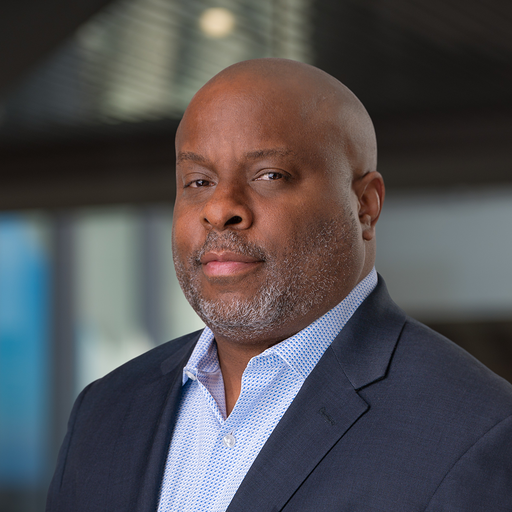The Traditional Job Board is Dead: How Associations Can Become True Career Navigators
I recently hosted a webinar on how association career centers are evolving and why the traditional job board model no longer reflects the way professionals build and navigate their careers. The conversation focused on the shift from transactional job searches to continuous career development and the role associations can play in guiding members through every stage of their professional journey.
The Career Landscape Has Shifted
For many years, job boards provided clear and reliable member value. They connected specialized professionals and employers, supported industry recruitment needs, and served as a trusted destination when a career transition was underway. That foundation remains important, but the career experience has expanded beyond a single search moment.
Career paths are no longer linear. Professionals cycle through phases of exploration, skill building, application, advancement, and leadership. They pursue certifications and micro-credentials, participate in learning communities, and reshape their professional identity multiple times throughout their working lives. Members pursue progress as an ongoing habit, not a step taken only during a job search.
Changing Member Expectations
Members today expect a broader relationship with their association career center. They look for clarity, guidance, and resources that help them decide where to go next. They seek knowledge about career pathways, insight into industry trends, and opportunities to build skills that keep them competitive.
They also want access to mentors, peers, and community support as they grow. Job listings alone do not meet that expectation. Effective career support involves learning, connection, and structured pathways that help members feel confident in the decisions they make and the direction they take.
A New Employer Reality
Employers are also experiencing change. Hiring needs are evolving and organizations want more than a one-time posting. They are looking for talent pipelines, reliable skills signals, and access to engaged and prepared professionals. Many employers want to participate in shaping workforce readiness through input on skills, involvement in career events, and collaboration on learning initiatives.
Associations already have the trust of both employers and professionals. When career centers expand from listings to long-term development support, employers gain a valuable partner in building and sustaining their future workforce.
The Career Ecosystem Model
The future of association career support centers on an integrated approach. A job board remains a tool, but it becomes one part of a broader ecosystem that connects learning, mentorship, networking, and employment. Members experience support throughout their journey, and the association becomes a steady presence in their growth.
This model strengthens professional confidence and deepens member engagement. When the environment encourages continuous development, the association demonstrates value not only at the point of job change but throughout the entire professional lifecycle.
Learning as Advancement
Education plays a foundational role in this approach. Courses and credentials align with real job functions and support movement into new roles. Members understand what skills matter, how to obtain them, and which opportunities those skills can unlock. When learning is connected directly to advancement, the association delivers immediate and visible value.
Mentorship and Community Strength
Mentorship elevates learning by adding real-world insight and human experience. Members benefit when they can connect with peers and leaders who understand the path they are walking. Structured mentorship, peer groups, and leadership guidance all reinforce professional confidence and strengthen the member community.
Partnership With Employers
Employer collaboration supports relevance and opportunity. When employers share skill needs, participate in career events, highlight roles, or contribute to learning experiences, they help shape a stronger talent pipeline. Members gain insight into the field, and employers gain ongoing access to a committed professional community.
Using Data for Personalization
Modern platforms can recommend jobs, learning, and mentorship based on individual profiles and career stage. Data helps identify patterns, anticipate needs, and continuously improve the member experience. Personalized guidance positions the association as a partner in each member’s growth, not simply as a platform.
Sustaining Member Value and Organizational Growth
By offering year-round career guidance, associations increase member engagement, reinforce retention, and create aligned revenue opportunities that reflect real member and employer needs. Sponsorships, career programming, learning partnerships, and workforce insights emerge from a model grounded in professional growth.
Moving Forward
This evolution builds on what associations already do well. It strengthens career support, enhances education, deepens community, and situates the association as a consistent source of direction and opportunity. Traditional job boards served a specific era. Career ecosystems serve the present and future of professional life.
I believe associations are best positioned to guide this shift and support careers that grow and change across a lifetime. When members experience meaningful support at every stage, they recognize their association as a partner in progress and a trusted source of industry advancement.


